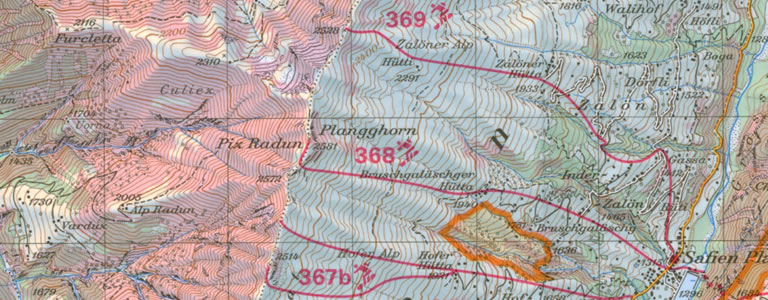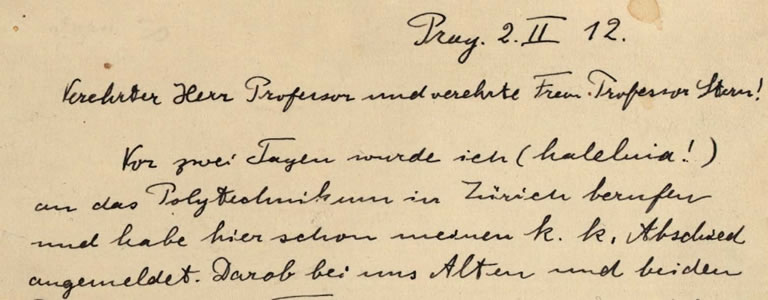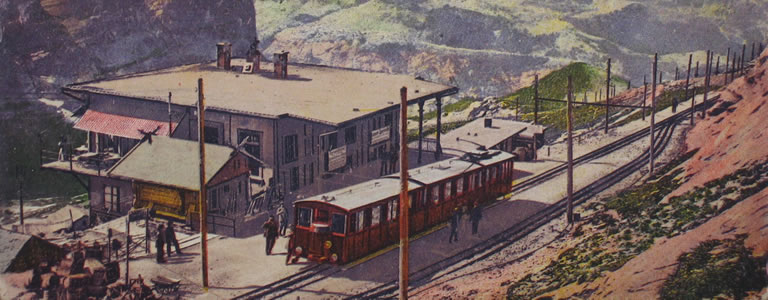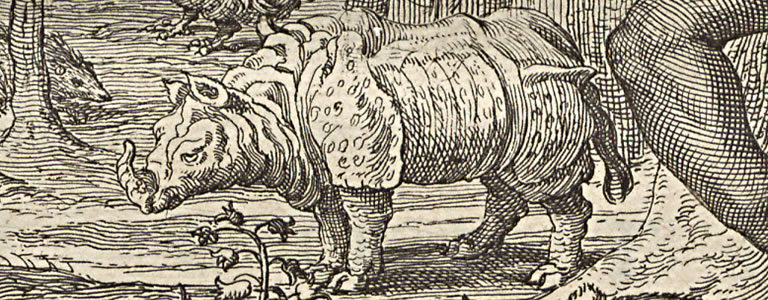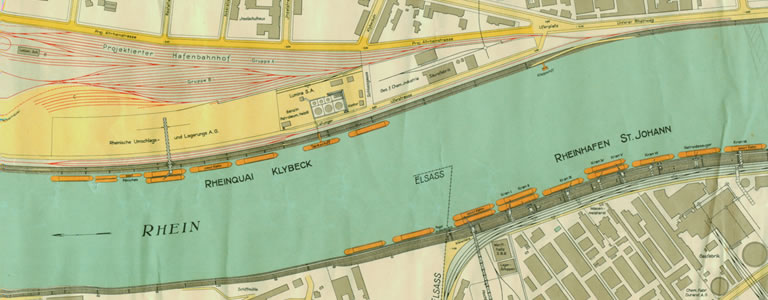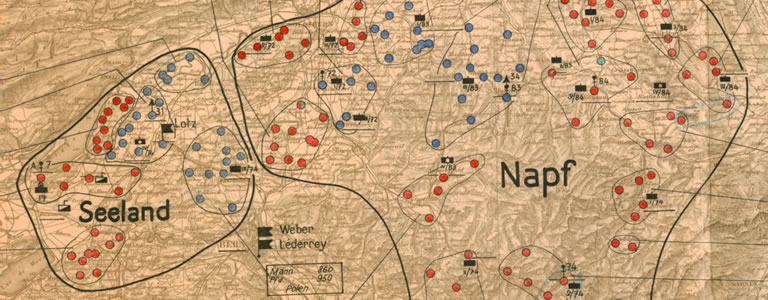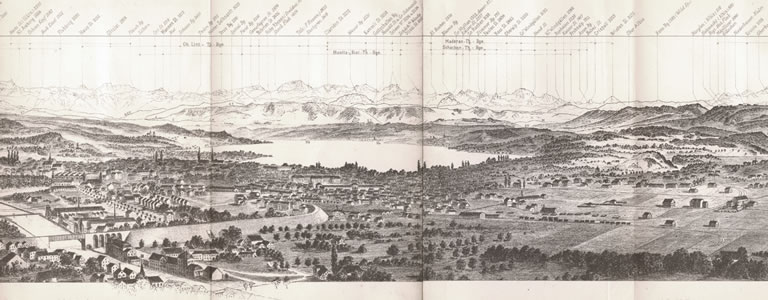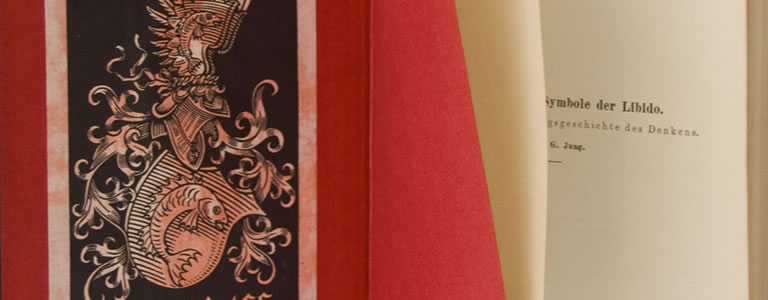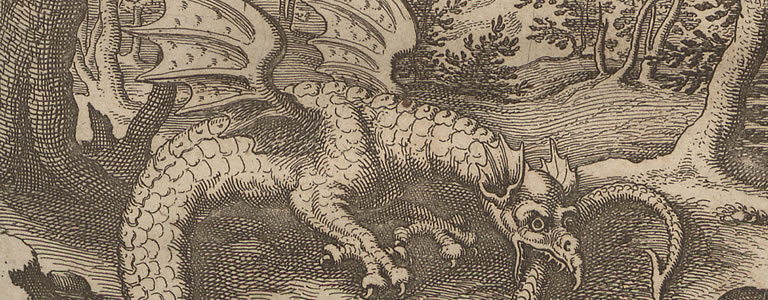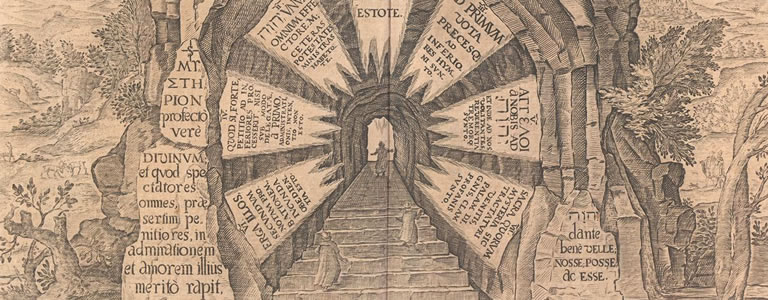The article from 20.1.2011 talks about skiing maps from the early days of ski sport. In recent years, skiing tours in Switzerland have boomed. In the early years, the high mountains were primarily scaled on skis in the springtime, when the snow cover was hardened and the risk or
“Hallelujah!” – Albert Einstein’s cry of joy on 2nd February 1912
Undoubtedly, the exclamation was an expression of Albert Einstein’s joy regarding his return to his alma mater. He had studied mathematics and physics at the Federal Polytechnic School (now ETH Zurich) from 1896 to 1900, where he obtained a teaching diploma. However, it is fair to speculate that his appointment as a full professor of theoretical physics also triggered a sense of
100 years of Jungfrau Railway
Tourism and legends on the mountain
Along with the Matterhorn, the Jungfrau region, especially the big three of the Eiger, the Mönch and the Jungfrau itself, rank among Switzerland’s most fascinating tourist attractions. Postcards and pictures of these impressive mountains and the villages at their feet have been luring all kinds of visitors for more than a century and contribute towards the idyllic and unspoilt image of Switzerland.
Willem Piso: De Indiae utriusque re naturali et medica (Amsterdam, 1658)
Willem Piso (1611-1678) served from 1636 to 1644 as a doctor in the Dutch colony in Brazil. As a pioneer of tropical medicine and pharmacology, he studied herbal medicine of the indigenous peoples and supported their health practices. In the jungle, he set out in search of medicinal plants and thus gained the reputation of being the first European to gain an understanding of the indigenous
The Rhine ports of Basel around 1920
Approximately 10 per cent of Switzerland’s total volume of foreign trade is currently transacted through the three Rhine ports in the city and region of Basel. Around 30 to 40 percent of mineral oil reaches Switzerland via the Rhine ports (Wikipedia, 2011). The maps,
Internment camps in Switzerland
Around 50,000 French, Belgian and Polish soldiers and civilian refugees fleeing from the Wehrmacht crossed the Swiss border in Neuchatel Jura in June 1940. They were disarmed and detained in camps. The map detail depicts the internment camps on 3 July 1940. The French
View from Weid near Zurich
In around 1880 Heinrich Keller draws a detailed panorama of the City of Zurich from Weid, depicting a seemingly rural, loosely built-up urban area. However, signs of progress are already visible. The Swiss Northeastern Railway line runs on a mighty causeway and over a
Carl Gustav Jung: the red book before The Red Book
The Red Book, a red leather-bound document by Carl Gustav Jung about his long-term process of self-discovery following a series of professional and personal set-backs, such as the estrangement from his teacher Sigmund Freud (1856-1939), was not publicly accessible until its publication in
Musaeum hermeticum (Frankfurt, 1678)
The Musaeum hermeticum reformatum et amplificatum was published 1678 in Latin in Frankfurt. As the title suggests, this is the revised version of an earlier edition of Lucas Jennis, which was published in 1625 and is very rare. The Musaeum tries to assemble in a
The stuff crime novels are made of: Heinrich Khunrath’s Amphitheatrum Sapientiae Aeternae (Hanau, 1609)
By their very nature, texts on alchemy are largely inaccessible, difficult to comprehend and often have an obscure edition history – and none more so than Heinrich Kunrath’s Amphitheatrum Sapientiae Aeternae. As Umberto Eco writes, while the posthumous Hanau edition of this work was
